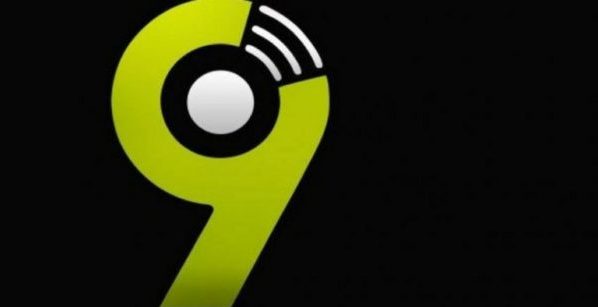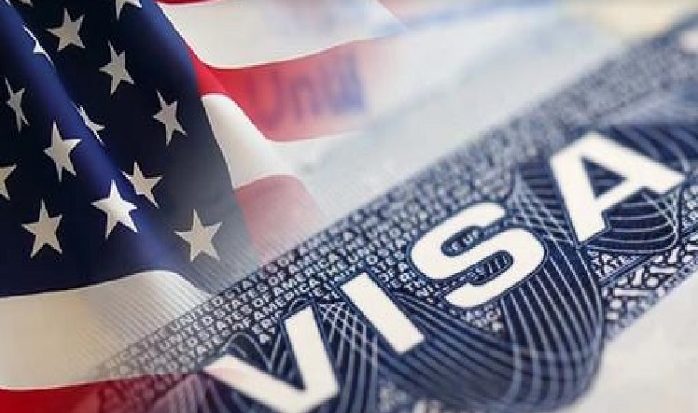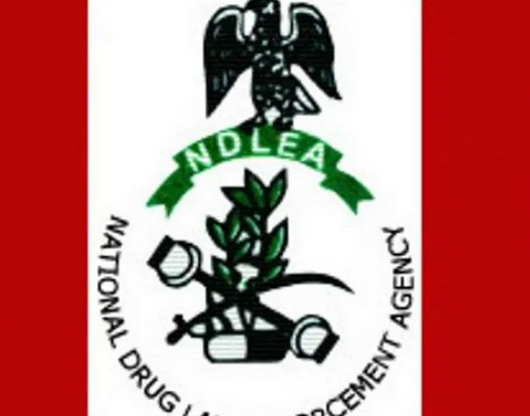Nigerian regulators have set a January 16 deadline for receipt of binding offers from prospective bidders to acquire debt-laden telecom firm 9mobile, the telecoms regulator said on Thursday.
The Nigerian Communications Commission, NCC, alongside the Central Bank of Nigeria, CBN, approved the deadline after 9mobile’s board requested a time extension, the NCC said.
It added that Barclays Africa would review bids submitted before the deadline and make recommendations to 9mobile.
Nigerian lenders picked Barclays Africa to try to find new investors for 9mobile after banks took over the telecoms firm, formerly called Etisalat Nigeria, for defaulting on its loan.
“The winner will now apply to NCC in order to commence the processes for securing the regulatory approvals … to give full effect to the transfer,” the regulator said in a statement.
Etisalat Nigeria took out a $1.2 billion syndicated loan from a group of 13 local banks but struggled to make repayments due to a currency crisis and recession in Nigeria last year.
READ ALSO : Nigeria to roll out more electricity metres
The Nigerian central bank then intervened to save the company from collapse and prevent creditors from putting it into receivership, leading to a change in its board and management, as well as the new name 9mobile.
The crisis forced the telecoms company’s one-time parent Etisalat to terminate its management agreement with its Nigerian business and surrender its 45 per cent stake to a trustee following the central bank intervention.
Private equity firm Helios Investment Partners has submitted a bid to acquire 9mobile.
Nigeria’s Globacom and Bharti Airtel’s local subsidiary have also submitted bids, sources say.
Since the debt issue, 9mobile, the country’s fourth biggest operator, has lost subscribers.
In October its total number of users had fallen to 17.1 million, giving it a 12.2 per cent market share, from 20 million subscribers with a 14 per cent share earlier this year, the telecoms regulator said.
South Africa’s MTN, the market leader has 36.1 per cent.
Source: Reuters











